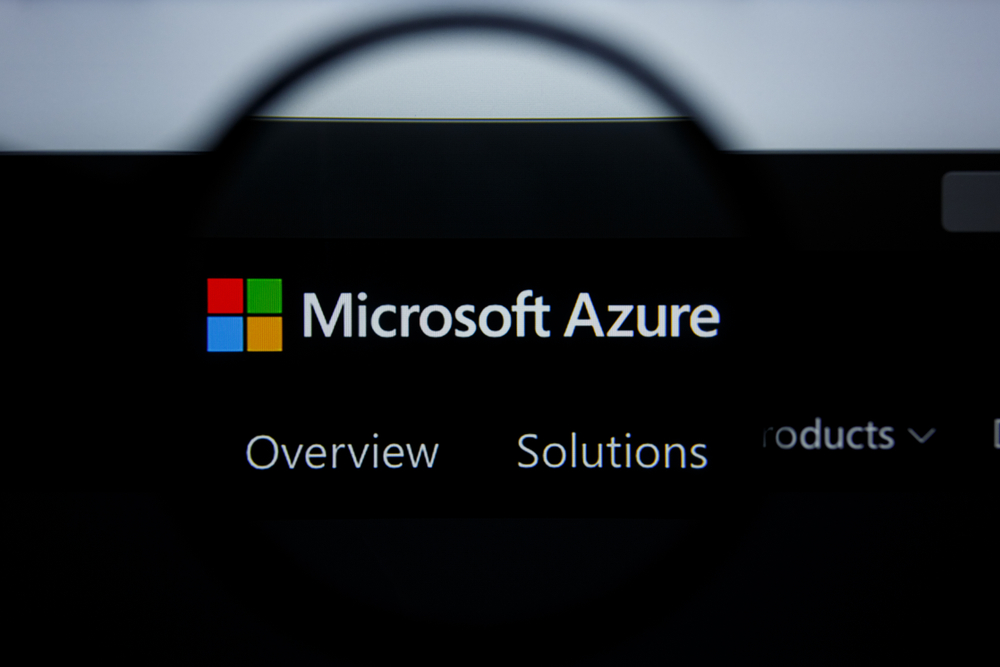Unified Communications and Managed Service Providers
Unified communications (UC) is expected to grow significantly as businesses seek to cut costs and enable more productive and flexible working.

Analysts like Frost & Sullivan have forecast 50 million fully integrated UC users by 2015 compared with today’s two million users (source: Frost & Sullivan March 2010).
Migrating to UC presents challenges and managed service providers (MSPs) are exploring how they could help their clients and add value to how UC is deployed and managed. But some commentators have questioned whether MSPs will be brave enough to take responsibility for ensuring dial tone services.
Certainly there are challenges but we believe MSPs are well placed to assist in migration to UC if they take the right steps. Indeed several are already providing solutions as they find businesses do not want to manage IP telephony themselves.
UC models
There are two MSP UC models. In the first, UC equipment is installed in the customer’s premises and remotely managed by the MSP. The other involves the MSP hosting the entire UC solution. The former has been more common but the latter has the potential to deliver the greatest benefits to both the client and the MSP.
From the client’s perspective, more of the risk and technical burden is assumed by the MSP, while the MSP benefits from the economies of scale of managing UC services centrally. Many MSPs are acting as system integrators on UC projects and getting the slimmest of margins on kit sales. So any opportunity to turn a client relationship into a longer term service contract has a strong appeal.
In many ways hosted UC is a return to an old concept called Centrex that was popular elsewhere in Europe though less so in the UK. Now it seems UK businesses could be happier about their phone system being hosted entirely off-site.
Stay up to date with the latest Channel industry news and analysis with our twice-weekly newsletter
Key to MSPs offering hosted UC solutions will be availability of multi-tenanted UC equipment that can scale to support many different customers. And vendors like Microsoft and Cisco are beginning to respond with products that look fit for purpose.
Automating processes is critical because this significantly cuts the cost of managing the infrastructure. Some of these savings can be passed onto clients while also supporting a wider margin for the MSP.
Close management of a UC infrastructure for a client will be what makes or breaks a service. Any loss of dial tone can have a fatal effect on a contract. Having in place systems that monitor and resolve issues 24/7 is essential especially when a UC implementation goes live.
Automation
The experience of voice system managers is that they can get flooded with support calls that are time consuming to resolve. One characteristic problem with UC implementations is how an issue can be extremely transient; it appears and disappears in almost the blink of an eye, making it difficult to get to the root cause and apply an effective remedy before it gets out of control.
Automated processes to both monitoring and managing the system are attractive because they can absorb these support pressures and reduce workloads considerably. For an MSP this also makes it easier to support more hosted UC clients within a multi-tenanted hosted solution.
Unified Communications can be part of the MSP service mix. MSPs will discover that there is a real demand from end users to pass over responsibility for managing part or all of the system. The challenge will be having the right infrastructure in place to meet clients’ high expectations on support levels. Automation of application management therefore has a major role to play in how MSPs assume greater and wider responsibility for helping businesses embrace the opportunities presented by UC.
-
 Trump's AI executive order could leave US in a 'regulatory vacuum'
Trump's AI executive order could leave US in a 'regulatory vacuum'News Citing a "patchwork of 50 different regulatory regimes" and "ideological bias", President Trump wants rules to be set at a federal level
-
 TPUs: Google's home advantage
TPUs: Google's home advantageITPro Podcast How does TPU v7 stack up against Nvidia's latest chips – and can Google scale AI using only its own supply?
-
 GoTo Resolve now available via Ingram Micro’s UK cloud marketplace
GoTo Resolve now available via Ingram Micro’s UK cloud marketplaceNews GoTo brings its RMM offering to the UK to tackle the ongoing “huge demand” for managed services
-
 Kaseya expands its product suites with IT Complete 2.0
Kaseya expands its product suites with IT Complete 2.0News The platform now includes the Vonahi automated penetration testing tool and automated sales presentation product audIT
-
 GoTo appoints Michael Day as its new channel chief
GoTo appoints Michael Day as its new channel chiefNews Channel veteran will lead the company’s recently announced GoTo Partner Network
-
 Microsoft rebrands Partner Network to strengthen cloud focus
Microsoft rebrands Partner Network to strengthen cloud focusNews However, Microsoft's contentious New Commerce Experience scheme went unmentioned during Wednesday's announcement
-
 Microsoft 365 prices to soar by 20% for pay monthly subscribers
Microsoft 365 prices to soar by 20% for pay monthly subscribersNews The move has sparked anger in the partner community with many feeling the decision benefits only the largest resellers
-
 Zoom launches hardware as a service video conferencing portfolio
Zoom launches hardware as a service video conferencing portfolioNews The video conferencing giant has partnered with four companies to launch hardware for Zoom Phone and Zoom Rooms services
-
 Google developing all in one messaging app for business
Google developing all in one messaging app for businessNews The app will combine G Suite services into one single mobile entity, according to reports
-
 How unified communications could energise your business
How unified communications could energise your businessIn-depth Unified communications used to be a buzzword reserved for enterprises and huge budgets – but not anymore